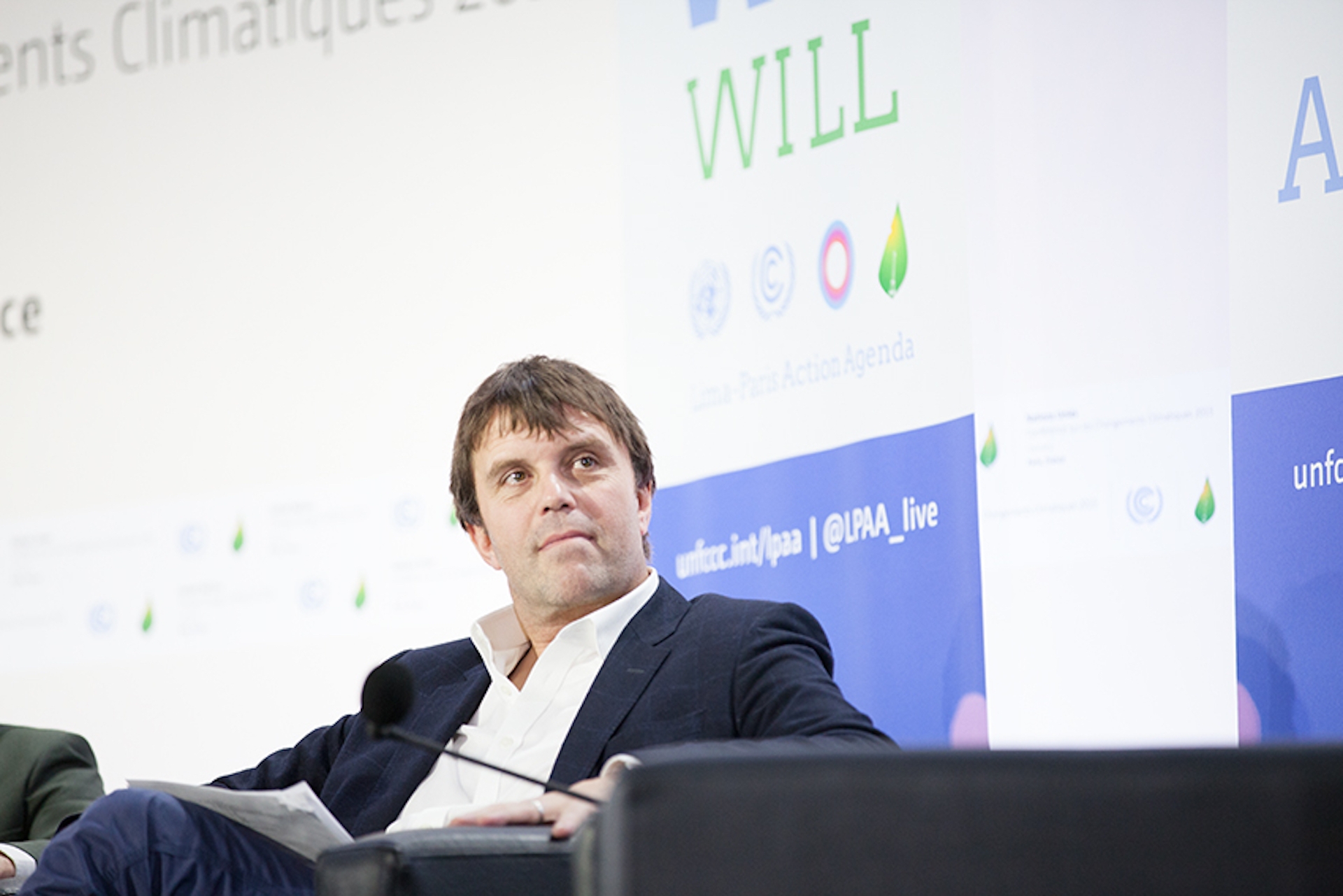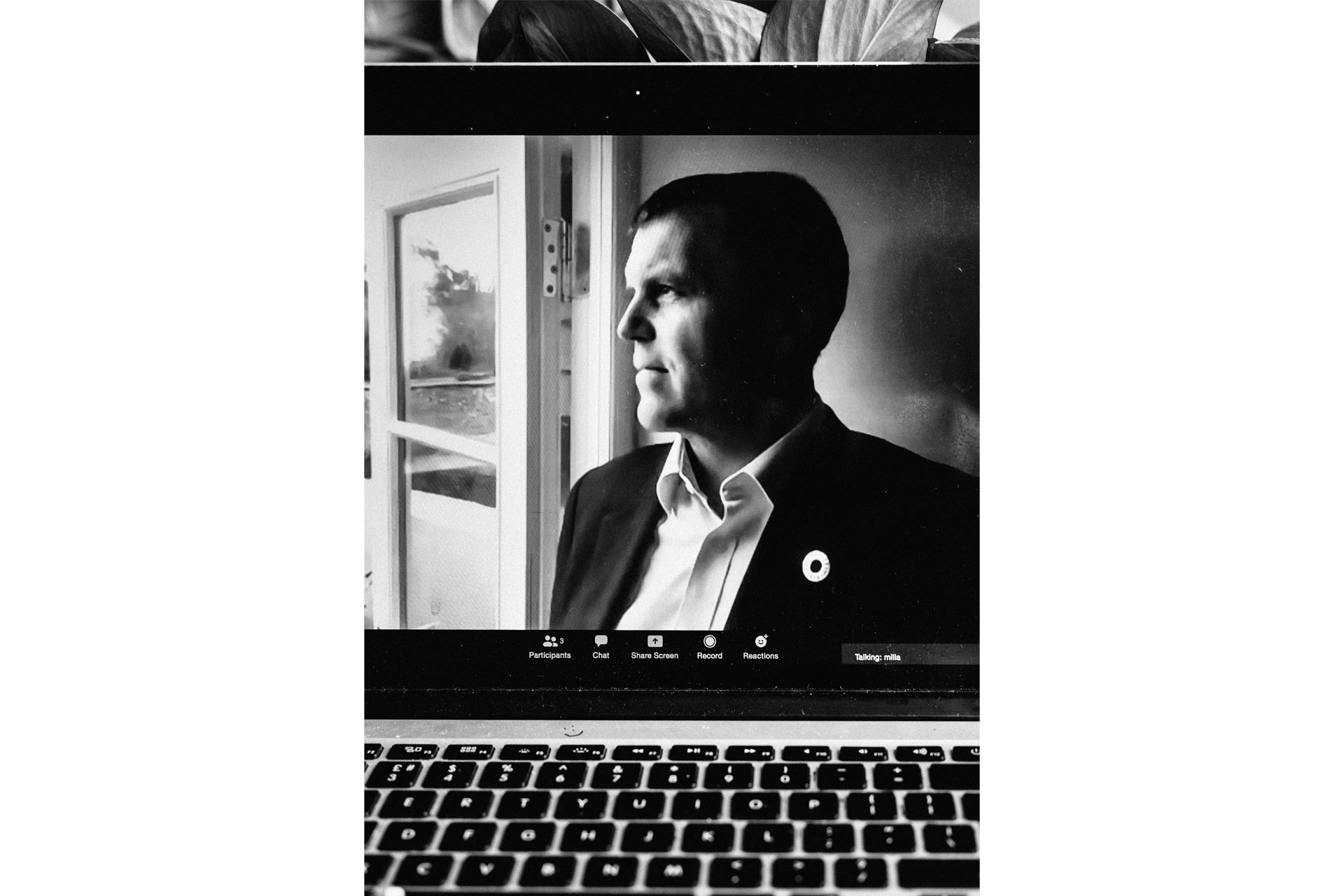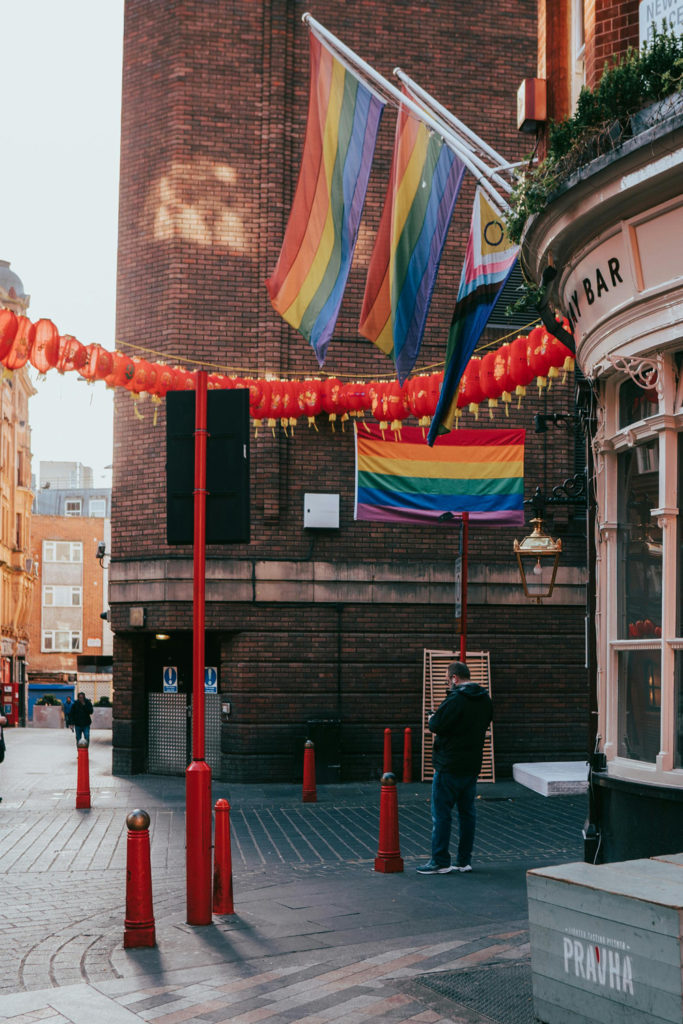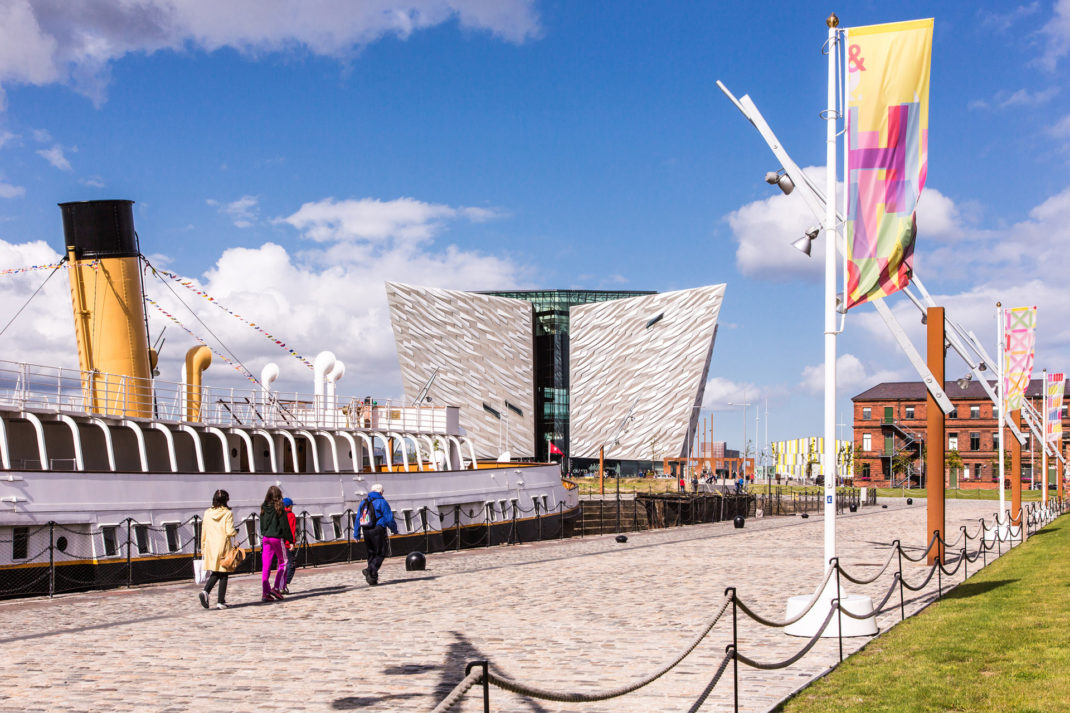Nigel Topping and the Road to COP26
By
4 years ago

Charlotte Metcalf gets to know Nigel Topping, the UK’s High Level Climate Champion at COP26.
Nigel Topping was born in Glasgow in a November snowstorm. This November he’ll be back there, charged with making the COP26 UN Climate Change Conference a success. ‘It’s all part of my personal mythology,’ he laughs, when I express disbelief at the coincidence. As Scarfe’s Bar is still closed, Nigel is speaking to me from his home in Devon. Other than being born in a snowstorm, I’m curious about what drove him to a career path dedicated to saving our planet. He grew up near Thurso and Dingwall till he was eight, developing a love of wild, open spaces. ‘I’ve always loved remote landscapes like the Arctic or Patagonia,’ he says. ‘I went on a scientific expedition to Greenland as a young man and returned [there] later. I made friends who became professors of glaciology and heard and saw first-hand the terrible damage we were inflicting on our fragile environment.’
Yet after studying Maths at Cambridge, Nigel surprisingly went into industry. ‘My father was a civil engineer, building grain silos and nuclear power stations,’ he explains, ‘and that attracted me to the real economy, in which real people did real things.’ Nigel ended up buying out a company making brake pads, one of the world’s biggest manufacturers. After 18 years there, and as the youngest member of the management board, he fell foul of his bosses and had to leave.
‘My identity was all tied up there, so it was very hard,’ he remembers. He changed tack, moving to Devon to study for an MSc in Holistic Science: ‘I thought I could combine my passion for cold places with business, and college was a turning point. I read and reflected, learning about earth systems science and different indigenous ways of doing things. People were pointing the finger of blame at business for climate change, but it seemed crazy to alienate such a powerful sector rather than harness it when we’re all complicit anyway.’ Nigel was looking around to find who was embracing business’ dynamism as part of the solution and met Paul Dickinson, founder of the Carbon Disclosure Project.
Sustainability Terms Explained: Carbon Neutral

Photography by Alexandra Dao
Paul took Nigel to lunch and offered him a job before their starters arrived. ‘More to the point, I accepted it,’ grins Nigel. ‘This was 2007, just after the 2006 Stern Review, which translated the science of climate change into raw economics. Suddenly we all saw it was cheaper to solve it than ignore it. It was the necessary judo throw to galvanise business leaders.’ Eight years later Nigel was fronting We Mean Business, strengthening business collaborations in the run up to COP21 in Paris.
‘I’ve always been a team sports player and mountaineer, so I have very strong views on collaboration,’ says Nigel, ‘but this did involve a lot of cat herding! It was a bit like the scene in Life of Brian when all the NGOs are in the Colosseum bickering rather than solving anything. But by 2015, at the end of COP21 in Paris, I was elated. To me it was the greatest treaty in the history of civilisation, with the global family finally coming together. And no critic had a better idea. The level of ambition was huge and exciting. Unfortunately, it was still not enough.’
It was at the Paris climate talks that the role of High Level Climate Action Champion was created to push through those ambitions and Boris Johnson appointed Nigel to take it on at the beginning of last year. He grins at the memory: ‘It took me three seconds to agree – I’d been preparing for this my whole life.’
While most of us accept action is the right course, we chat about how daunting the global Race To Zero campaign can be, particularly for small luxury brands. What would he say to a brand leader he was stuck in a lift with for 60 seconds? ‘First, your customers will demand you protect our heritage and planet. Second, it’s more expensive to resist the new way, as no one will invest in a brand stuck in the past. Third, great talent will move away if a brand’s not displaying a responsible attitude to the future. And if those reasons aren’t enough for you to embrace change, you shouldn’t be running a business and I don’t want to be in the lift with you a minute longer!’
After we laugh, he admits it’s natural to feel overwhelmed by the changes we all need to embrace, though he points out our children will ask us what we’re doing to step up to the challenge and shame us if we’re not. So I ask him which three changes anyone reading this can make today: ‘Make sure your electricity supplier is green. Then ask if you really need a car and if you do, make sure your next one’s electric. Third, give up intensively farmed meat, if not altogether, and spend occasionally on high quality, pasture-fed meat.’
A polite reminder lands in my chat box that we’re nearing our allotted time. Fair enough. As the man with our whole world in his hands, he doesn’t have much time to rescue it.
Main image: We Mean Business
Why the Institute of Positive Fashion Forum Marks a Turning Point for British Fashion



